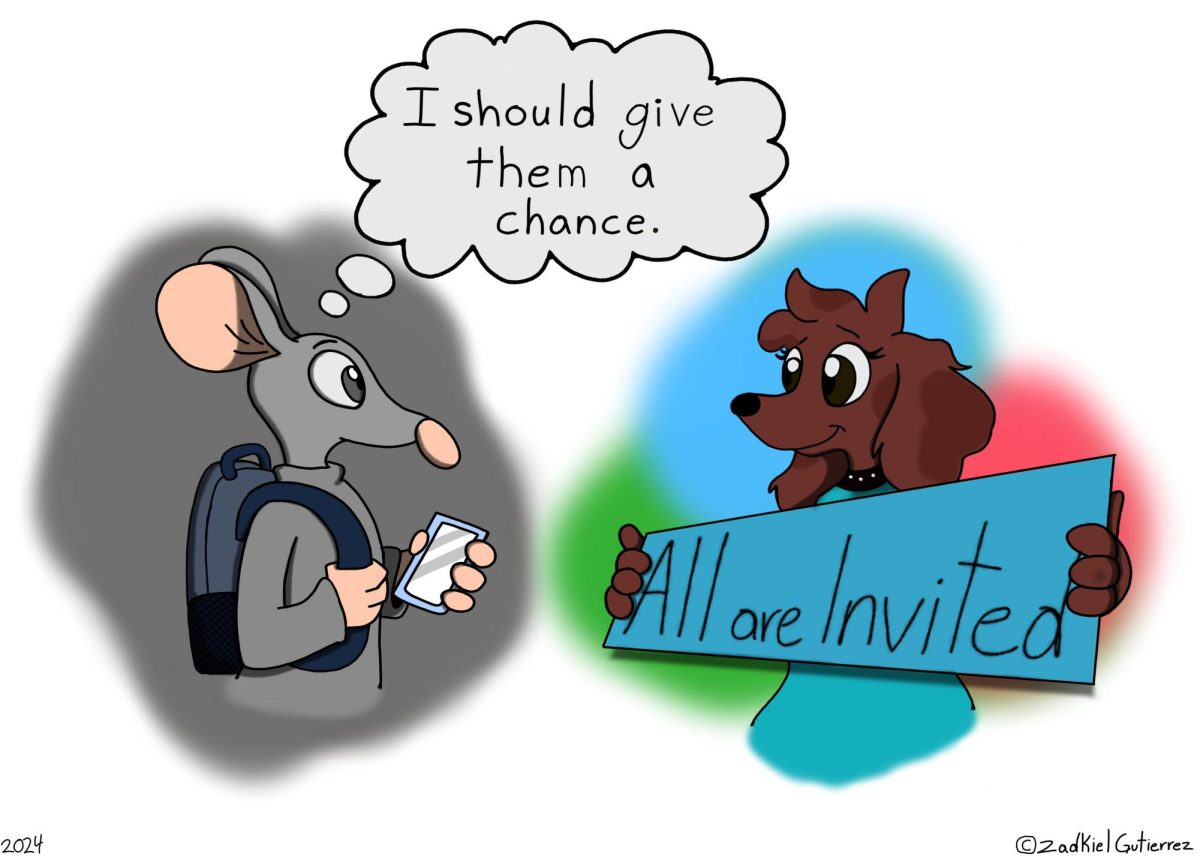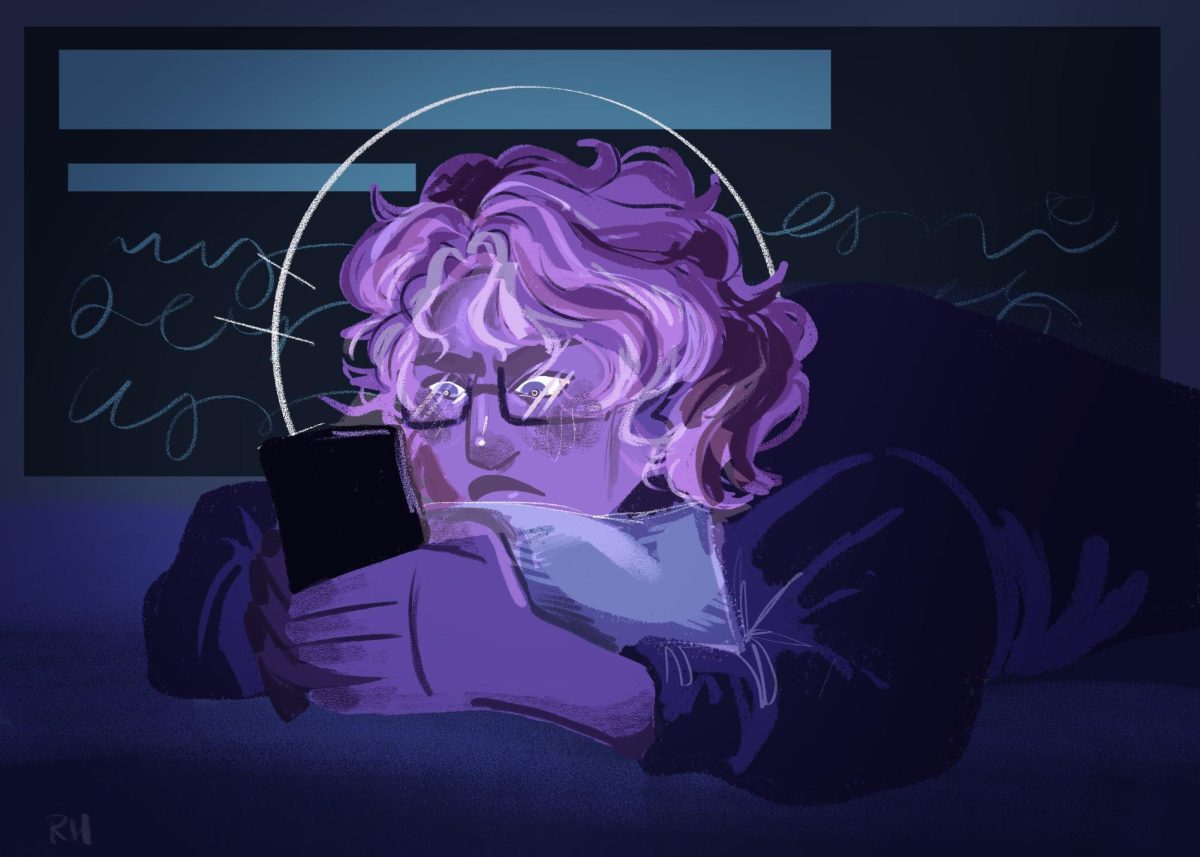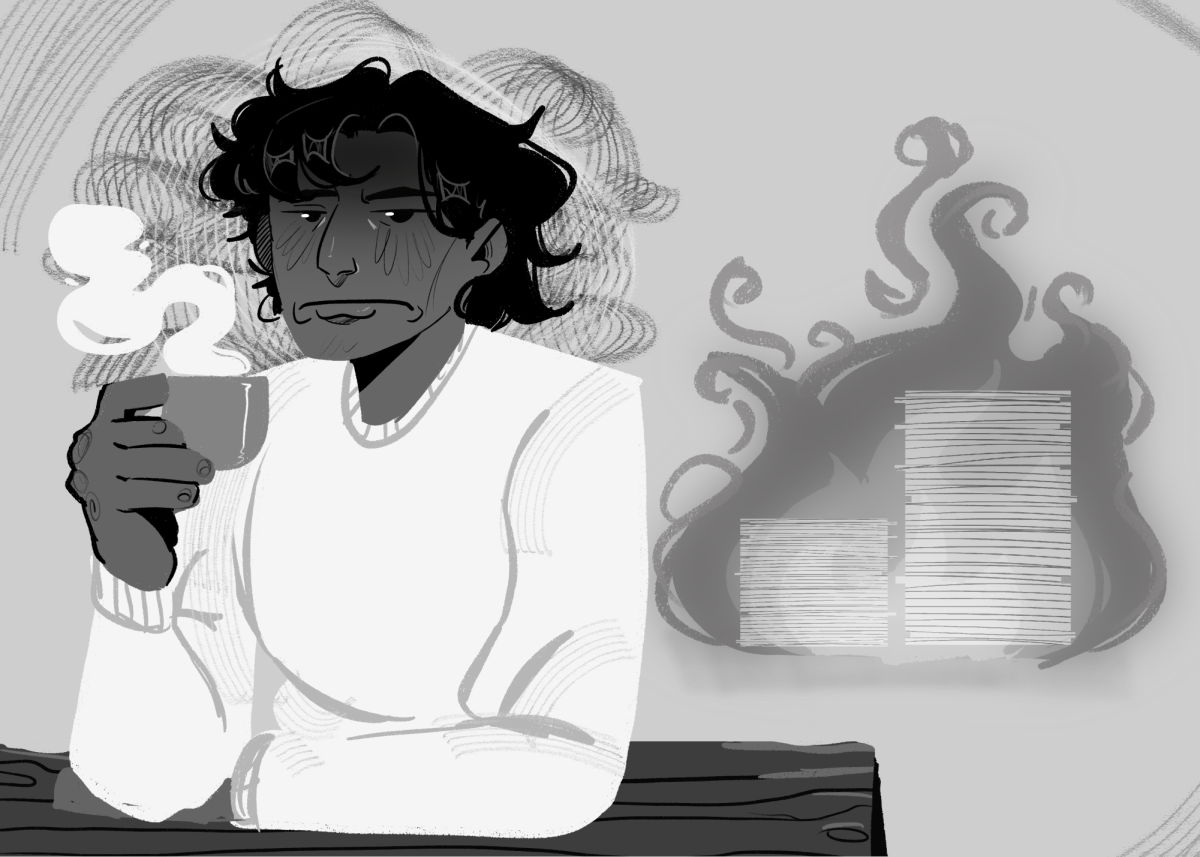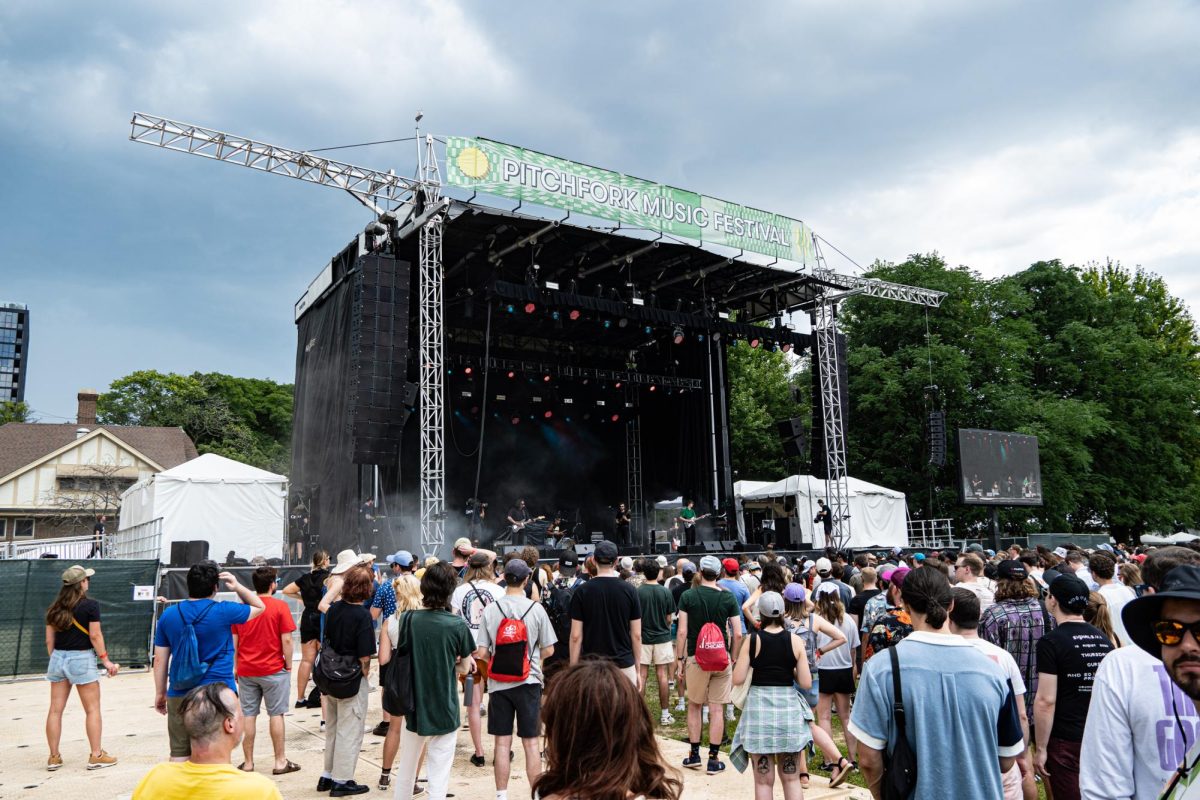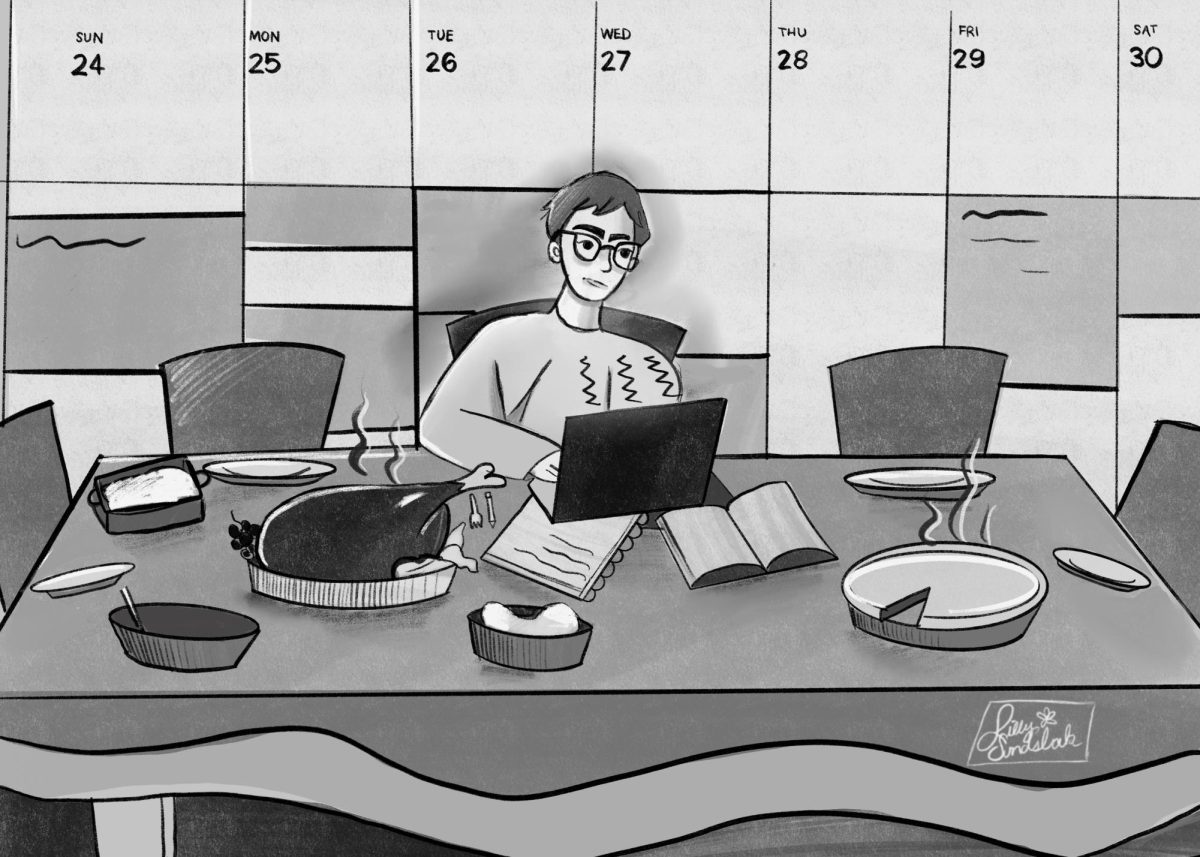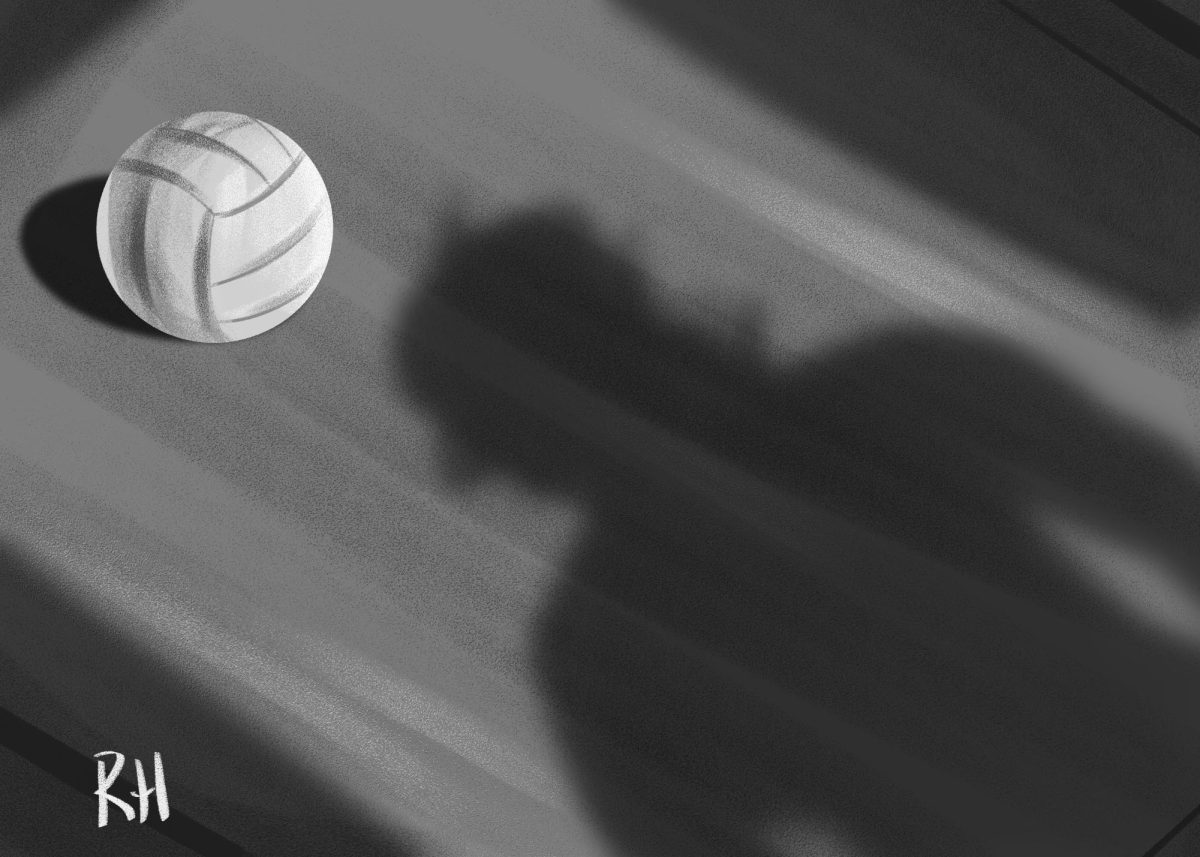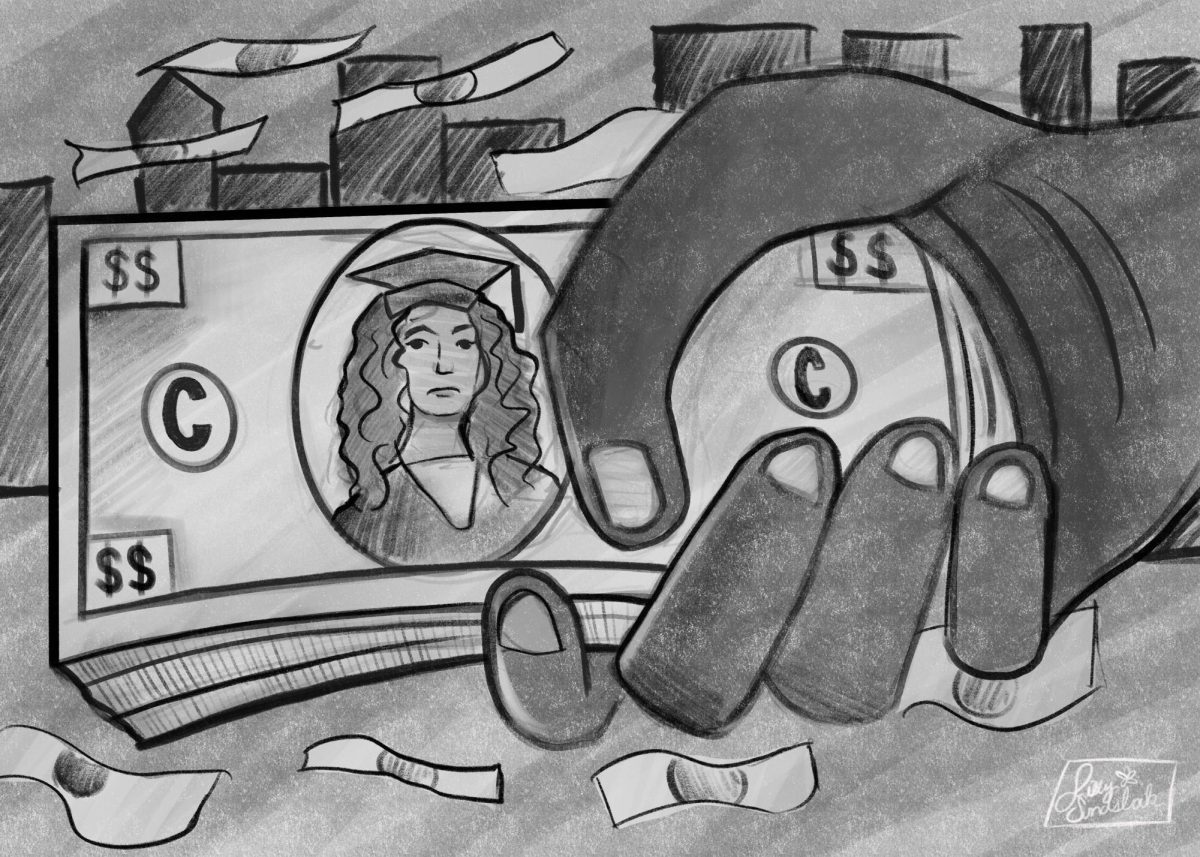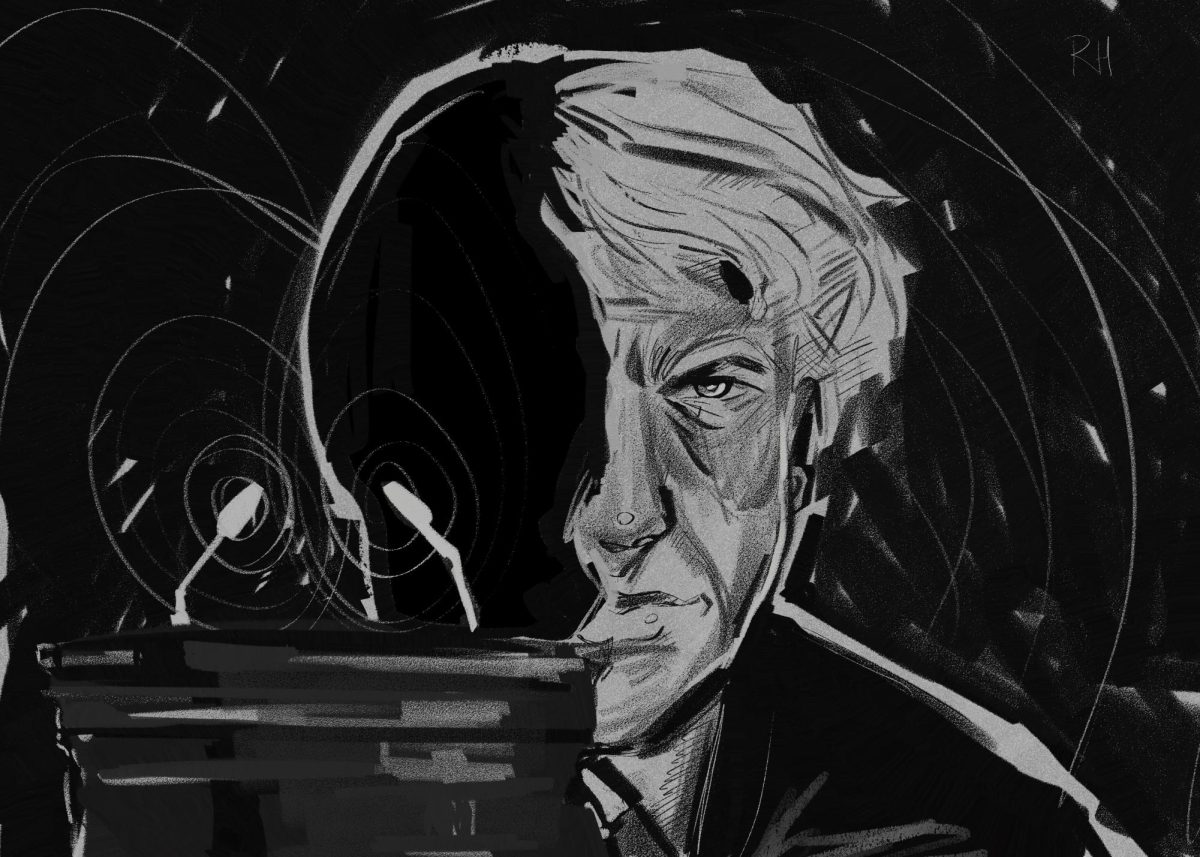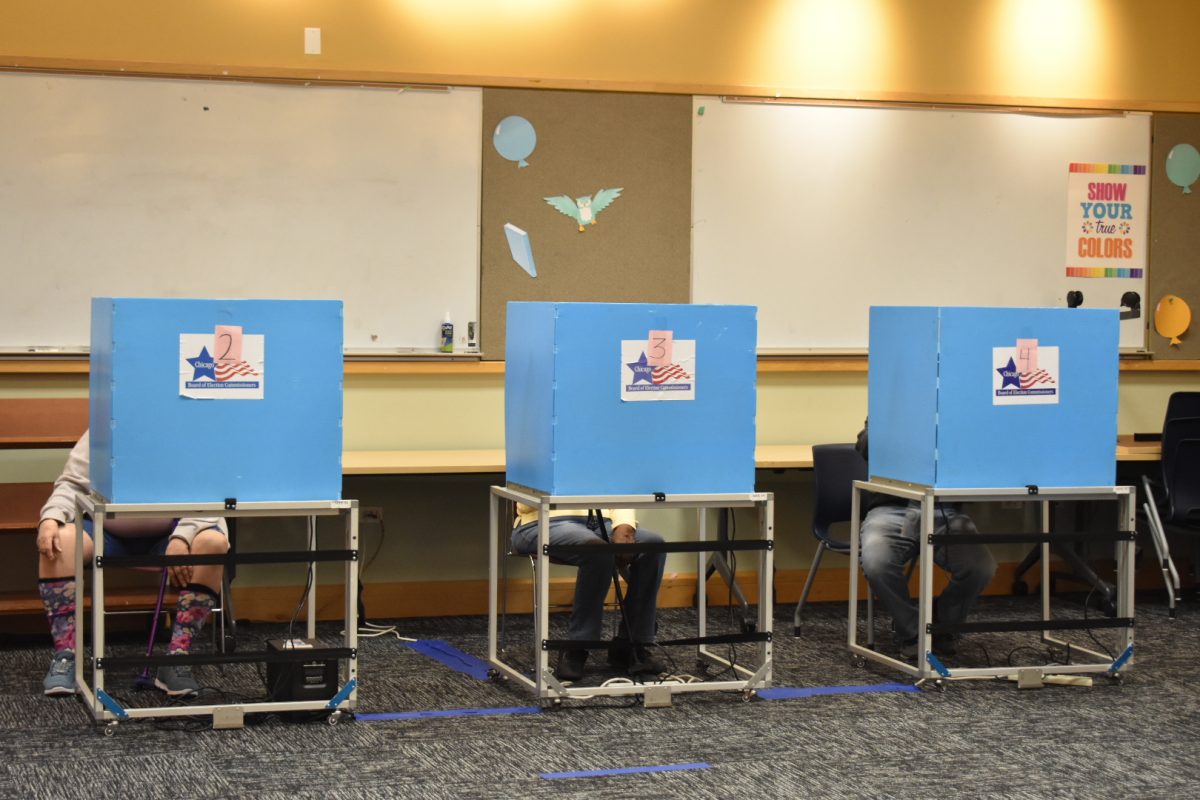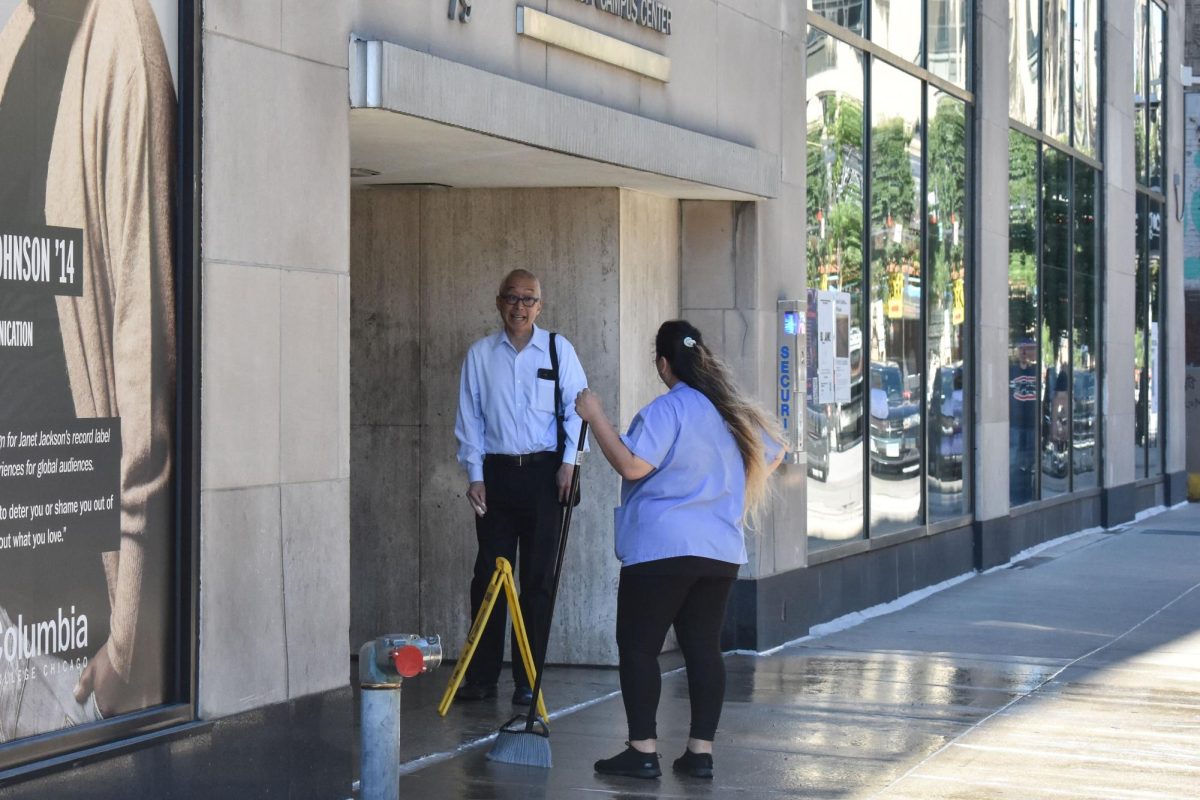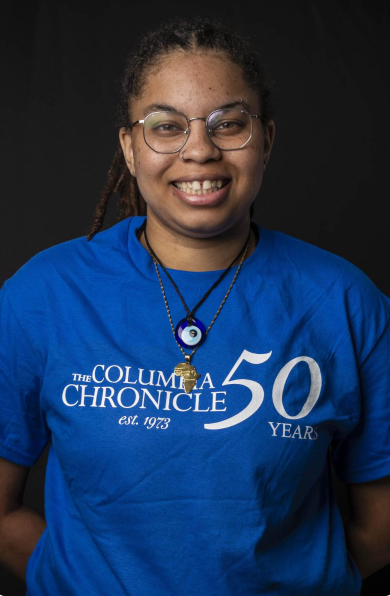Much of this past year, Columbia has felt much more like a battleground than a safe space. The connections promised at convocation quickly dissipated and a “Columbia frame of mind” has left a picture of what our college is to both current and prospective students.
Half of the fall semester, students spent at odds and out of class during the seven-week-long part-time faculty strike. We all struggled to finish the semester strong.
For many, coming back to campus after spending weeks away from their peers and instructors seemed daunting. The aftermath had the potential to tear our college community apart.
As a 2020 high school graduate, COVID-19 left my class feeling intense pressure to finish our classes and manage the stress of feeling disconnected from our peers. Many of my fellow high school classmates will be heading for commencement this May and the similarities are eerie.
Students being relegated to Zoom classes and missing out on events that are staples to the college experience has been disheartening. But Columbia’s community persists.
Since returning for the spring semester, the college and student organizations have hosted events to bring us together in a positive light and remember what it is we love about Columbia.
The Columbia Chronicle’s solar eclipse watch party saw a major turnout – something the Chronicle noted was the first time since convocation the college community had gathered together.
A myriad of student organizations came together, spearheaded by the Student Government Association to host the annual Blood Ball, giving students a moment to breathe before finals.
Even RegFest encourages students to mingle as they ease their minds about course registration and offers a “one-stop shop” to receive the help they need, according to Greg Foster-Rice, associate provost for Student Retention Initiatives.
Of course, coming back in the spring had its fair share of hardships with President and CEO Kwang-Wu Kim’s surprise Valentine’s Day announcement of his departure from the college on July 1. The campus is on edge again awaiting the vote on Thursday, May 9 from the Board of Trustees which will determine a new direction for the college.
The mental health of students needs to be at the forefront of the issues tackled when deciding what services need to be revised or cut. That means continuing to fund our mental health services and providing the Student Programming Board the funds it needs to put on events that allow students to mingle.
Despite many looming changes, students, faculty, staff and administration have all come together throughout the year to show that even at odds we are stronger together.
If we want to see a united college community that will be receptive to the changes that may come, the college must continue to promote ways to connect to prioritize the mental health of its student body.
Copy Edited by Vanessa Orozco


